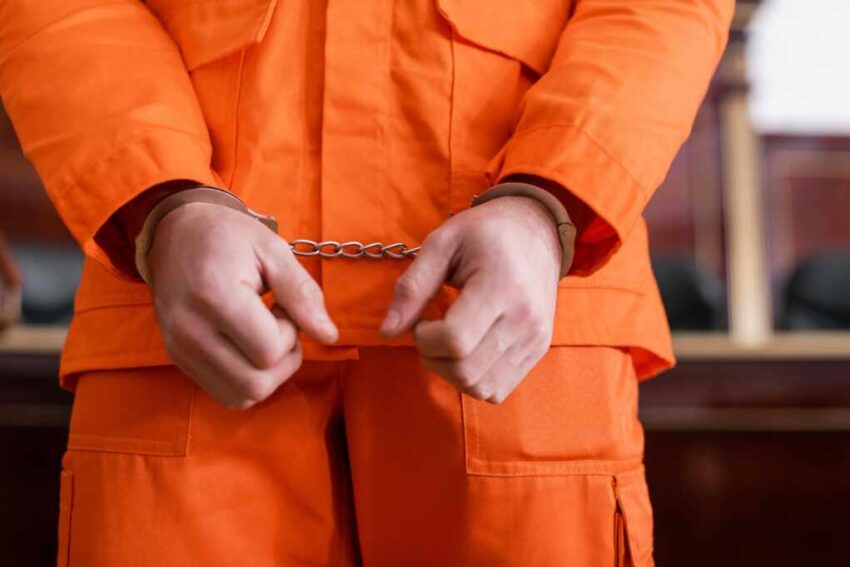Ovidio Guzmán López, son of “El Chapo,” is expected to plead guilty in a U.S. court—an explosive move that may unravel cartel secrets or simply reroute the drug empire’s pipelines.
At a Glance
- Ovidio Guzmán López, son of “El Chapo,” is set to plead guilty in a Chicago court on July 11, 2025, for major drug charges.
- The plea deal could spare him a public trial and may cut his sentence in exchange for cooperation, potentially exposing cartel operations.
- The Sinaloa Cartel, which floods American streets with fentanyl, faces a leadership vacuum and infighting after Ovidio’s arrest and extradition.
- Chicago, a primary U.S. hub for Sinaloa drugs, may see short-term changes in trafficking, but cartel violence in Mexico is likely to spike.
The Crown Prince Bows to U.S. Power
The U.S. government is about to seize its most high-profile cartel trophy yet—Ovidio Guzmán López, one of the infamous “Los Chapitos” and heir to his father El Chapo’s multibillion-dollar drug empire. The anticipated guilty plea, scheduled for July 11 in a Chicago federal courtroom, is expected to flip the script on years of cartel impunity. While El Chapo rots in Colorado’s ADX Florence supermax, Ovidio’s fate now hinges on a sealed plea agreement reportedly signed June 30.
Watch a report: El Chapo’s Son to Plead Guilty in Chicago.
This isn’t just courtroom theater. Ovidio’s previous escape in 2019 triggered a massive armed uprising in Culiacán, forcing Mexican forces to stand down. This time, the extradition succeeded—but the real question is what intelligence the feds can squeeze out of him. Sources close to the case say cartel logistics, supply routes, and the names of compromised officials could be part of the trade-off. The cartel may soon bleed secrets—but at what cost to justice?
Cartel Deconstruction or Political Theater?
Federal agents are touting this as a major disruption to the Sinaloa Cartel’s operations, but experts warn of a deeper deception: the plea deal may deliver headlines, but not actual dismantling. Chicago remains a strategic hub where cartel heroin and fentanyl flow with near impunity, often via corridors the government has proven unable—or unwilling—to shut down. Despite numerous arrests, cartel profits reportedly remain north of $80 billion annually.
Legal insiders suspect the plea will include leniency and protections for Ovidio’s extended family in return for his cooperation—an outcome that leaves thousands of overdose victims without closure. With DEA and Homeland Security still playing catch-up in a game the cartels have long mastered, many are questioning whether this “deal” is justice or surrender.
America’s Front Line Remains Wide Open
While prosecutors paint this as a turning point, the border remains an open faucet. Sinaloa’s decentralized model ensures resilience—even as one capo falls, a dozen rise. Mexican intelligence officials have already warned of turf wars erupting post-Ovidio, with towns like Culiacán and Mazatlán experiencing renewed waves of killings and kidnappings.
In the U.S., Chicago is drowning in fentanyl, with the cartel allegedly controlling 80% of the narcotics market in the city. Yet border funding and patrol resources lag behind promises.
The Trump administration touts enforcement wins, but the ground reality is unchanged: fentanyl flows, overdoses spike, and communities suffer. Until real action is taken at the border—enforcement, surveillance, prosecution—these victories remain symbolic at best.
Ovidio’s courtroom confession may be historic, but unless it’s paired with structural reform and border action, it won’t stem the rising tide of cartel power or American deaths. The cartel hydra isn’t defeated—it’s merely adapting, faster than ever.
Click this link for the original source of this article.
Author: Editor
This content is courtesy of, and owned and copyrighted by, https://thecongressionalinsider.com and its author. This content is made available by use of the public RSS feed offered by the host site and is used for educational purposes only. If you are the author or represent the host site and would like this content removed now and in the future, please contact USSANews.com using the email address in the Contact page found in the website menu.








